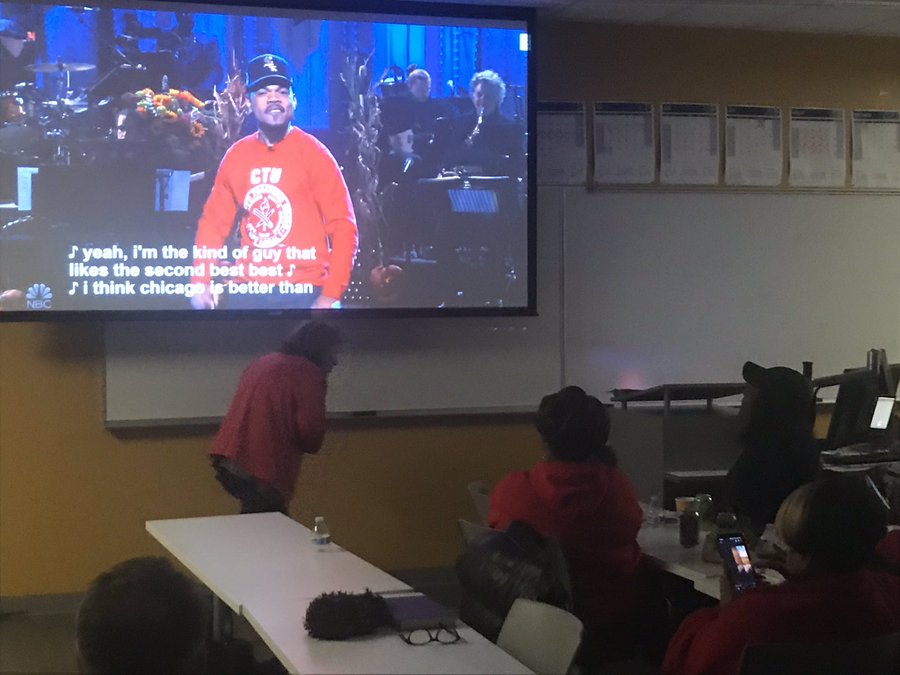Teachers Who Promote Creativity See Educational Results
Teachers Who Promote Creativity See Educational Results
WASHINGTON, D.C. -- Creativity in the classroom goes hand in hand with exceptional student learning, according to a new Gallup study examining U.S. education. Specifically, K-12 teachers who frequently make assignments that require students to think creatively are much more likely than other teachers to observe higher-order cognitive skills in their students. These skills include:
- engaging in problem-solving
- demonstrating critical thinking
- making connections between different subjects
- having deep learning of subject matter
- retaining what they have learned
Classroom creativity also corresponds to more engaged, confident learners. Specifically, teachers who practice creativity in learning are much more likely than their counterparts who do not practice this to say their students often take responsibility for their own learning; feel confident about their ability to master difficult material; are willing to take risks; and display a strong desire to learn more about the subjects taught in school.
These findings are based on a nationally representative online survey of 1,036 K-12 teachers conducted March 27-April 5, 2019, using the Gallup Panel. Additionally, for this study, Gallup conducted online surveys of 2,673 parents of students in grades K-12, as well as 853 students in grades six to 12.
Teachers' use of creativity in learning was determined by the frequency with which they report allowing students to do each of the following: 1) choose what to learn in class; 2) try different ways of doing things, even if they might not work; 3) come up with their own ways to solve a problem; 4) discuss topics with no right or wrong answer; 5) create a project to express what they've learned; 6) work on a multidisciplinary project; 7) work on a project with real-world applications; and 8) publish or share projects with people outside the classroom.
Creativity Plus Transformative Use of Technology May Reap Even Greater Benefits
Gallup's new
Creativity in Learning report finds that teachers who combine creativity with assignments that make transformative use of technology see even better student outcomes.
Examples of transformative use of technology include using tablets or computers to create multimedia projects, conduct research, analyze information and create complex projects that cross disciplines.
As the following chart shows, 85% of teachers who focus on creativity in learning and use technology in transformative ways say they often see their students engaging in problem solving. This drops to 75% among teachers who foster classroom creativity but use technology in more substitutional ways (replacing paper and pencil with tablets or computers to do the same tasks) and to 50% among teachers who maximize neither creativity nor transformative technology in the classroom.














